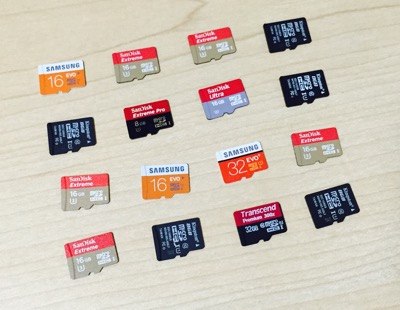Poor Man's XHProf profiling of Drupal 8 Migrations and Drush commands
On a recent project, there was a Migration run that took a very long time, and I couldn't pinpoint why; there were multiple migrations, and none of the others took very long at all (usually processing at least hundreds if not thousands of nodes per minute). In Drupal 7, if you enabled the XHProf module, then you'd get a checkbox on the configuration page that would turn on profiling for all page requests and Drush commands.
In Drupal 8, the XHProf module was completely rewritten, and as a side effect, the Drush/CLI profiling functionality is not yet present (see: Profile drush/CLI with XHProf in Drupal 8).
Since I don't have the time right now to help figure out how to get things working through the official XHProf module, I decided to use a 'poor man's profiling' method to profile a Migration run:



